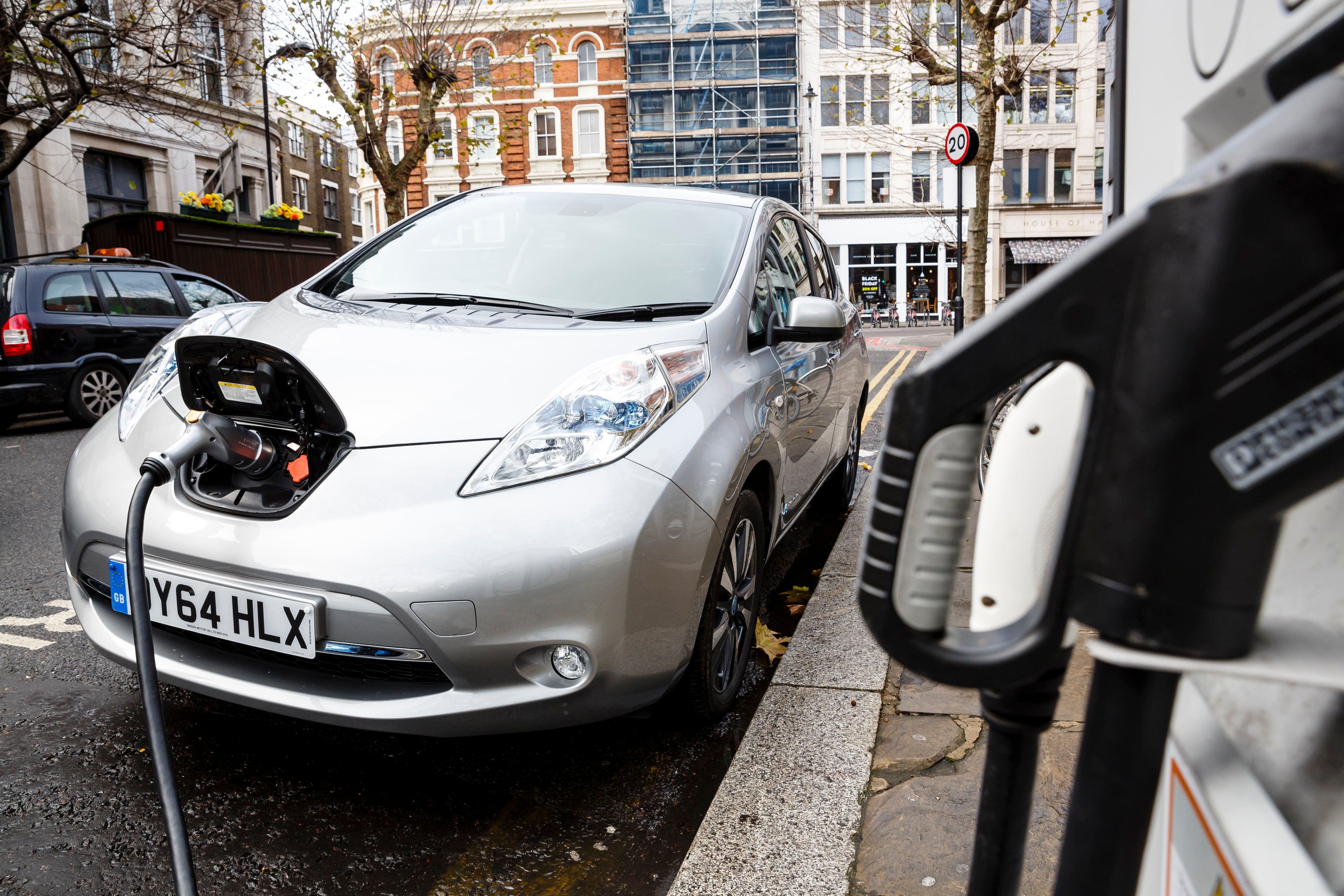Treasury ‘looking to road pricing’ as sales of electric cars rise
UK drivers could be charged for using the roads following a tax shortfall, caused by popular electric cars.

Motorists could be charged for using Britain's roads under plans reportedly being considered by chancellor Rishi Sunak.
The Times reported the move is being mulled to cover a tax shortfall of £40 billion caused by the rise in popularity of electric cars.
The UK currently only has one major toll road — the M6 Toll in the West Midlands — and drivers also face levies when using certain tunnels and bridges.
According to the report, Mr Sunak is "very interested" in the concept of a national road pricing scheme but it is unclear how the charges would be calculated.
Currently, motorists pay 57.95p in fuel duty for each litre of petrol and diesel they buy — a figure that has been frozen since March 2011.
This brings in £28 billion a year, or 1.3% of national income, according to the Institute for Fiscal Studies, while VAT on fuel and vehicle excise duty also raises money for the treasury.
It has recently been reported a proposed ban on the sale of new petrol and diesel cars will be accelerated to 2030 as part of efforts to reach net-zero carbon emissions by 2050.
Under former prime ministerTony Blair, Labour backed and then abandoned the idea of a national road pricing scheme with a petition against the plans reaching 1.8 million signatures.
Edmund King, president of the AA, said that while electric vehicles were good for the environment, they are less so for the exchequer.
He said: "The government can't afford to lose £40bn from fuel duty and car tax when the electric revolution arrives.
"It is always assumed that road pricing would be the solution but that has been raised every five years since 1964 and is still perceived by most as a 'poll tax on wheels'."
He said the country needed an "imaginative solution", highlighting a proposal he made in 2017 where drivers would be given an allowance of 3,000 miles per year — or more in rural areas — free of charge, and any mile over that would be subject to a fee.
PA
Subscribe to Independent Premium to bookmark this article
Want to bookmark your favourite articles and stories to read or reference later? Start your Independent Premium subscription today.

Join our commenting forum
Join thought-provoking conversations, follow other Independent readers and see their replies